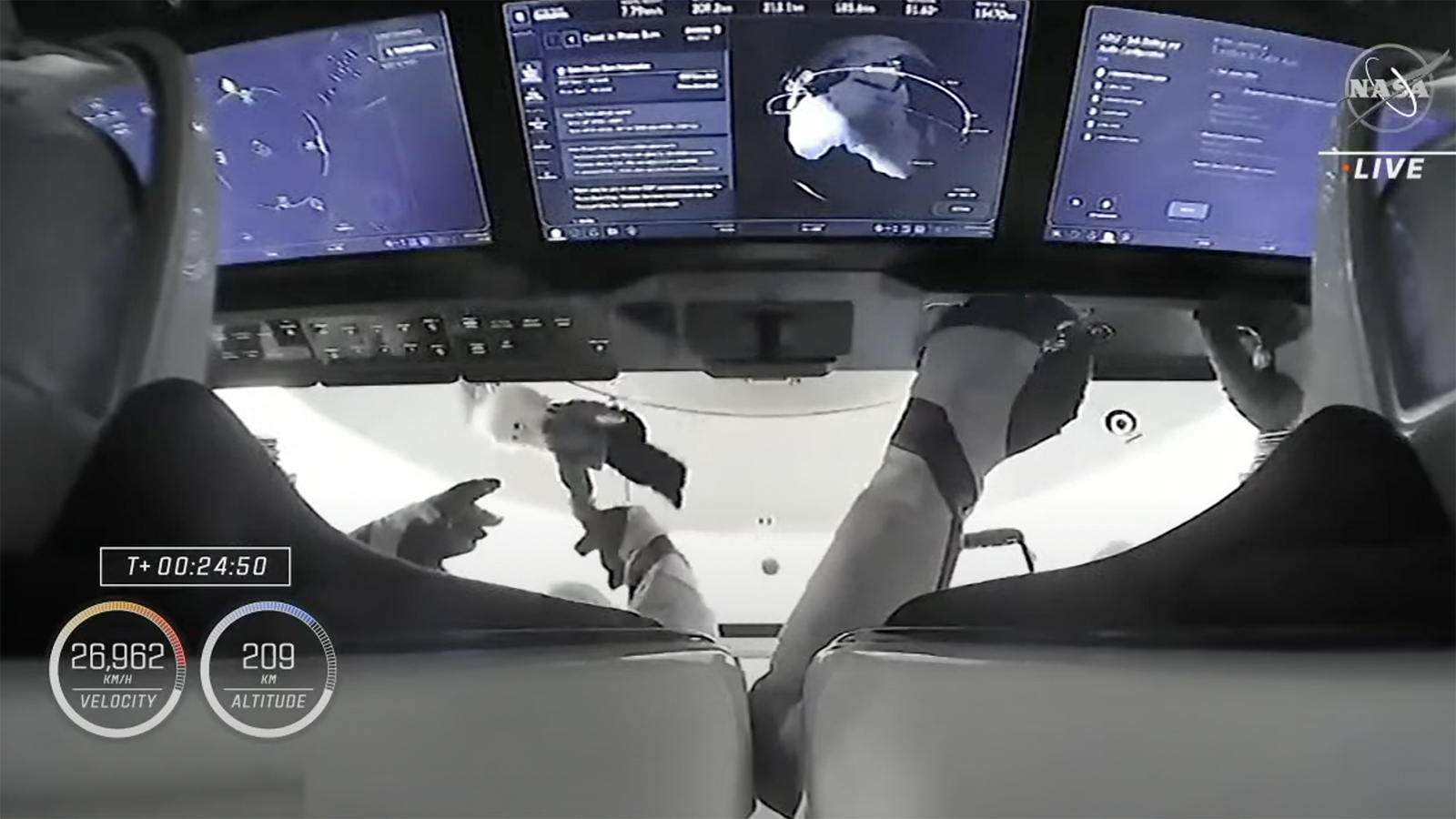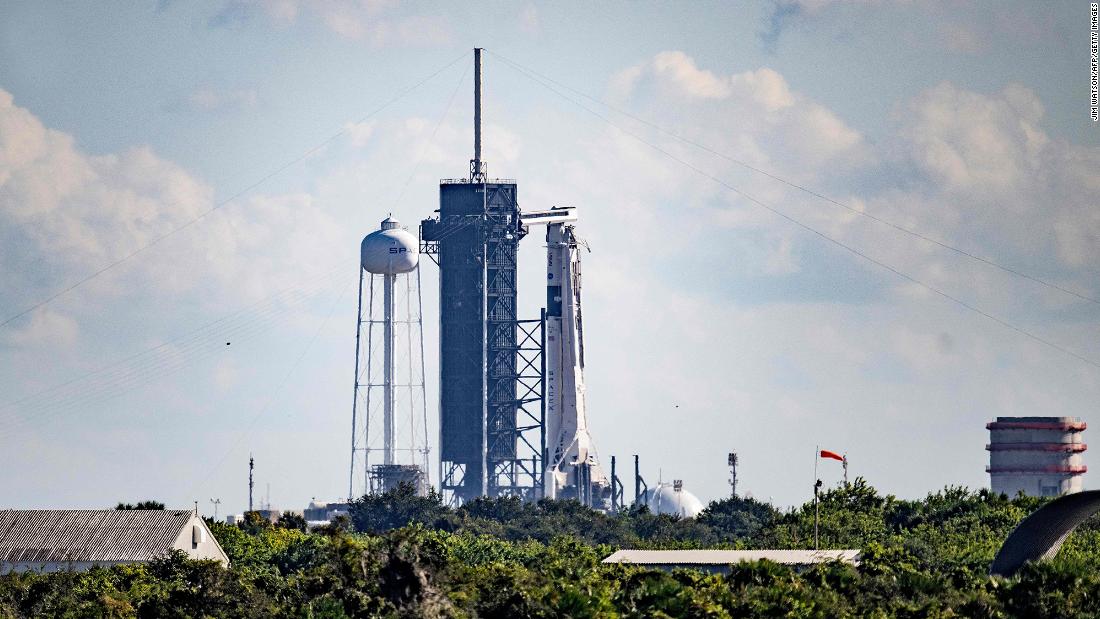
Every astronaut launch needs a Zero G indicator — and it can be anything. It serves a practical purpose: When it floats, it’s a sign that the crew is experiencing weightlessness.
And it can serve a joyful purpose. Since any object not strapped down can serve as a Zero G indicator, astronauts have taken to bringing along stuffed toys.
They’ve included everything from a sequined dinosaur to a “baby Yoda” plush.
On this mission, the crew brought along a stuffed Albert Einstein doll.
NASA astronaut Josh Cassada explained the choice in a dispatch from the spacecraft:
Einstein, who first conceptualized the Theory of Relativity, had the “happiest thought of his entire life” when he realized that a “person in freefall can feel their own weight,” Cassada said.
That thought is part of what led to the development of his famous theory, Cassada said.
Cassada said the Crew-5 astronauts are calling it their “freefall indicator.”
For context: Being in Earth’s orbit is being in freefall around the planet. The only reason that the spacecraft isn’t immediately dragged back down by gravity is because it is traveling at such enormous speeds, fast enough that it begins to fall around the Earth.
“We’re experiencing Einstein’s happiest thought continuously, as the International Space Station has been doing for over 20 years,” he said.
“We’re here to tell you there’s plenty of gravity up here,” Cassada added. “In fact, that’s what is keeping us in orbit right now. It’s preventing this trip … from being a one-way trip. It’s a little bit like life. We live in the same world, we live in the same universe. Sometimes we experience it in a very different way from our neighbors. We can all keep that in mind …and continue to do amazing things. And do it together”
Note:- (Not all news on the site expresses the point of view of the site, but we transmit this news automatically and translate it through programmatic technology on the site and not from a human editor. The content is auto-generated from a syndicated feed.))



